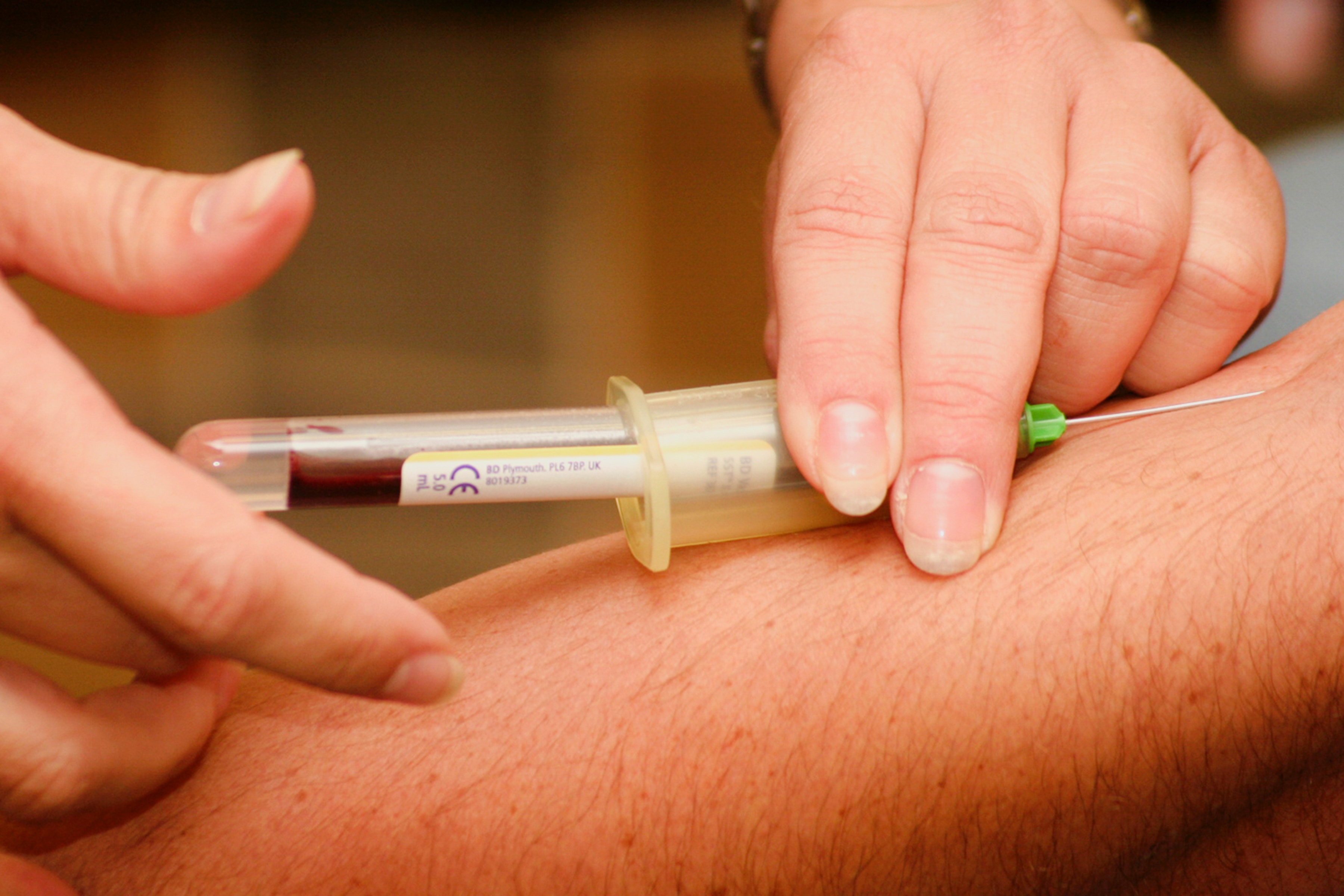For five years, a 58-year-old woman diagnosed with Alzheimer’s disease had experienced slipping mental abilities, a decline that was beginning to accelerate. But for this particular patient, the symptoms have alleviated a bit following treatment with hyperbaric oxygen therapy (HBOT)…

Dr. Paul Harch, a clinical professor and director of hyperbaric medicine at the LSU Health New Orleans School of Medicine, and Dr. Edward Fogarty, of the University of North Dakota School of Medicine, have outlined her hopeful case in a report published in the peer-reviewed journal Medical Gas Research.
Results of the study
After 66 days of HBOT, the woman regained some of what the disease had stolen from her. Her memory and concentration improved, as did her ability to do crossword puzzles and use the computer.
But the case study goes beyond what the patient reported about her symptoms or her performance on tests, like drawing the face of a clock. The study shows visible improvement of her brain itself on PET scans taken before and after the treatment.
The PET scans taken a month after the treatment showed a global improvement in brain metabolism of 6.5 percent to 38 percent, according to the study.
“We demonstrated the largest improvement in brain metabolism of any therapy for Alzheimer’s disease! HBOT in this patient may be the first treatment not only to halt but temporarily reverse disease progression in Alzheimer’s disease.”
– Dr. Paul Harch, Clinical Professor and Director of Hyperbaric Medicine, LSU Health New Orleans School of Medicine
The woman in the case study is the first in a series of 11 Alzheimer’s patients whose improvement has been documented with PET scans.
What’s HBOT?
Hyperbaric oxygen therapy puts patients in a chamber where they breathe 100 percent oxygen under increased atmospheric pressure. The increased pressure and oxygen turn on genes for growth and repair hormones and inhibit those that cause inflammatory response and cell death.
Source:




Leave a Reply